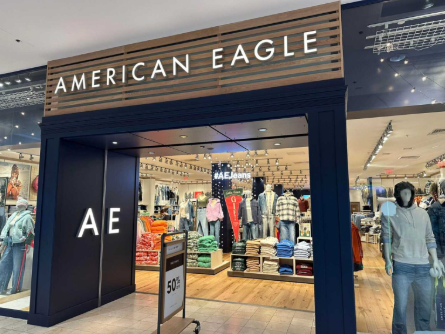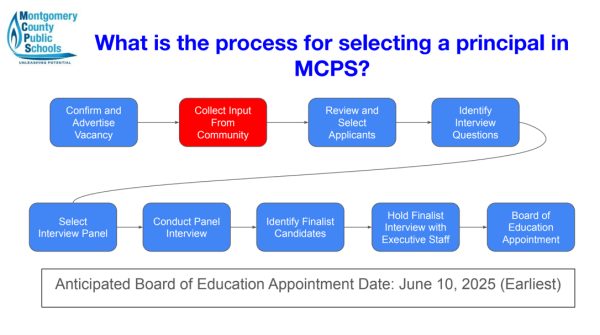Biden administration causes economy changes: bank fails
Compare the US economy to a balancing scale with inflation and interest rates on opposite ends. When one rises, the other falls. This mimics the way money behaves in the economy. This delicate balance is what ultimately led to the collapse of Silicon Valley Bank on Mar. 10. It was the largest bank failure since the housing crisis of 2008. “The domino effect has now started on the banks; everyone is scared and everyone is pulling out their money,” senior David Horcasitas said.
But how exactly did Silicon Valley Bank collapse and what does president Biden have to do with it? It starts with government bonds. Government bonds are loans given to the government with a set length time to be paid back. When that time is up, the government pays back the loan in full with a little interest on top. The longer the bond, the greater interest it builds. “US bonds are considered to be the safest investment on the planet. The U.S. always pays back its debts. They are often called a riskless asset,” Stacey Smith said in an article on NPR.
The bank loaned out money from their depositors into long-term government bonds. Since President Joe Biden took office, inflation has leapt. Outside forces such as Coronavirus and the Ukrainian War inevitably raised inflation. However, Biden’s decision to pass the American Rescue Plan increased the rise tenfold. To combat this, the Federal Reserve raised interest rates, at one point raising them seven times in a single year. By increasing the rates, inflation decreases just like the scale, because when one side goes up the other must come down.
This created problems for Silicon Valley Bank. They bought U.S. bonds when interest rates were low and inflation was high. This means that their bonds drastically dropped in value. Word got out and the bank’s customers got scared and started withdrawing their money. The bank had to sell their bonds, otherwise they wouldn’t have had any money to give their depositors. Bonds with low interest rates don’t have a high selling price so in the end the bank took losses it could not recover from. “Basically what happened was Silicon Valley Bank wanted a bigger payout,” Alexis Leondis said to NPR.
The bank was insured by the Federal Deposit Insurance Corporation so even though investors of the bank are facing serious losses, the customers’ money is safe. However, this only insures $250,000 per depositor. Since most depositors were multimillion and multibillion dollar businesses, only a fraction of their money is being backed. “But the government has made an exception for SVB and agreed to make all their depositors whole,” The Washington Post said.
The US government’s promise to back up billions of uninsured money is causing widespread panic for those who remember the events of 2008. It’s unclear how or when the government plans to unlock customers’ access to their money. “In a way the bank isn’t being held responsible because the government is stepping in to handle everything,” Horcasitas said.
Your donation will support the student journalists of Thomas S. Wootton High School. Your contribution will allow us to purchase equipment and cover our annual website hosting costs.







